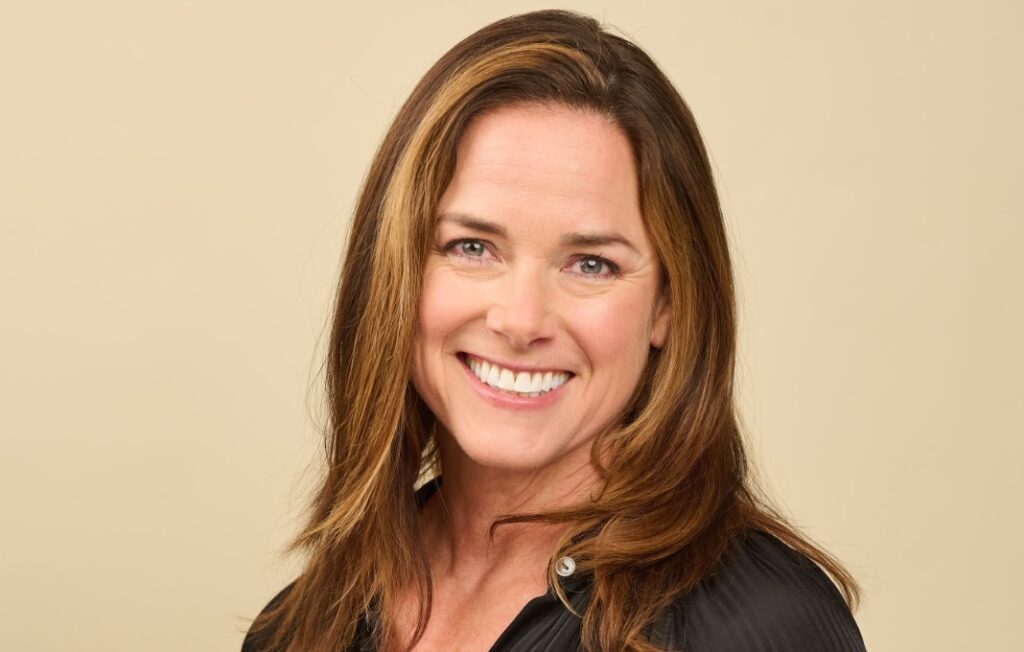Why are so many HR leaders resigning and what can organizations do about it? Industry expert David Lewis has some ideas.
The CEO of Operations Inc., an HR consulting firm based in Norwalk, Connecticut, talked with StrategicCHRO360 about the latest trends impacting HR leaders, how organizations can retain their key HR talent—and what CHROs can demand today.
Various studies show many HR leaders are resigning these days. Why?
The advent of Covid-19 has brought about radical and revolutionary changes to the role of HR. To start, the HR department has owned a new trough of work, including office safety, state and federal compliance with Covid-related guidelines, coordination of remote working setups, remote work policies and practices, just to name a few. On top of the new work, which of course was just piled onto an already full plate, you most recently have the Great Resignation, leading to a disproportionately high amount of recruiting work landing in HR. That comes with counter offers for those who resign and who the firm wants to retain.
It all adds up to a short fuse, a general feeling that HR is undervalued and a mountain of things to manage. Add all that up and include that many in HR roles are not in sync with leadership when it comes to how the employer is managing the post-Covid workplace dynamic. Many in the C-Suite want employees back at work, despite how the employees want to remain working remotely, all or some of the time. HR often is diametrically opposed to the direction being dictated.
Finally, HR leaders are resigning because they can. The number of firms out there willing to hire HR leaders grows each day. Further, this represents an opportunity to join a firm who respects HR, who demonstrates their values are in line with the HR leader, and who by the way also are paying more. A true fresh start has never been easier to find for HR professionals.
What does the C-Suite need to embrace to allow HR to flourish?
The post-Covid workplace demands that employers allow employees to have a strong voice in the makeup of the future culture and of where work is performed. The C-Suite needs to embrace the concept that surveying your employees, with professional input on the makeup of the questions, can and will yield great insight into where the priorities lie of your employees. The results then need to be respected, meaning what your employees indicate as priorities should align with what the firm does, regardless of to what extent the firm embraces the wish list.
If HR has not been seen as an equal voice at the C-Suite table, then the time to afford that respect and solicit that input is long overdue. If that comes with the need to upgrade the HR role, so be it. Making a move to demonstrate how important HR is to the firm sends a message to current and future employees. It also sets the firm on a path to attract, retain and compete.
How do compensation strategies change in the coming years to address the move to remote and hybrid working?
It’s my opinion that those coming to an office will see more pay versus those working remotely, in most roles. The justification is that commuting costs more than working from home. This phenomenon is showing gradually today. Over five years I expect it to be locked in. There are likely to be home office expense standards that make their way into compensation, covering things like enhanced internet. Stipends for furniture could also be in the works. Whether or not we see other expense allowances for things like enhanced electricity usage or even meals—to replace all that in-office free food—is unclear.
How do employers ensure that their high potential remote-based employees find a path to management roles?
For firms that are embracing remote work as part of their present and future, it becomes essential that your organizational development plan account for employee progression regardless of where the employee performs their work. Firms that have allowed for members of management to be all or mostly remote are going to find themselves ahead of the curve in that they already are seeing how this works.
Training managers on how to lead hybrid teams—some in-office, some working remotely—is critical, given that leading a team that is not all operating under the same circumstances is far different from leading an all in-office team or leading an all-remote staff. To some extent, most firms will have to learn how to lead their organizations under these new norms. It involves leveraging technology, finding the best ways to communicate collaboratively and one-on-one, recreating the spontaneity that happens when a manager pops into someone’s workspace to check in, and so on.
Once the formula is clear, or at least off to the right start, the employer then needs to hone in on who those next leaders could be and start planning for how to groom them. Remember that many soon-to-be managers get much of their training via being around leadership in an office. Remote leadership often is more isolating and does not lend itself to allowing for those being groomed to as easily witness style, culture and communication. The lack of in-office training needs to be replaced with proactive, thoughtful, strategic training and a concerted effort to groom and educate budding high potentials. You of course need to ask those who are in your sights for these roles about their interest in such a career path, especially given how so many in today’s workforce have adjusted their priorities and career goals.








